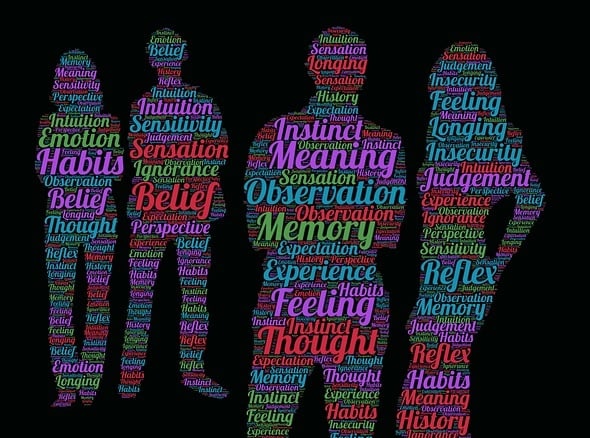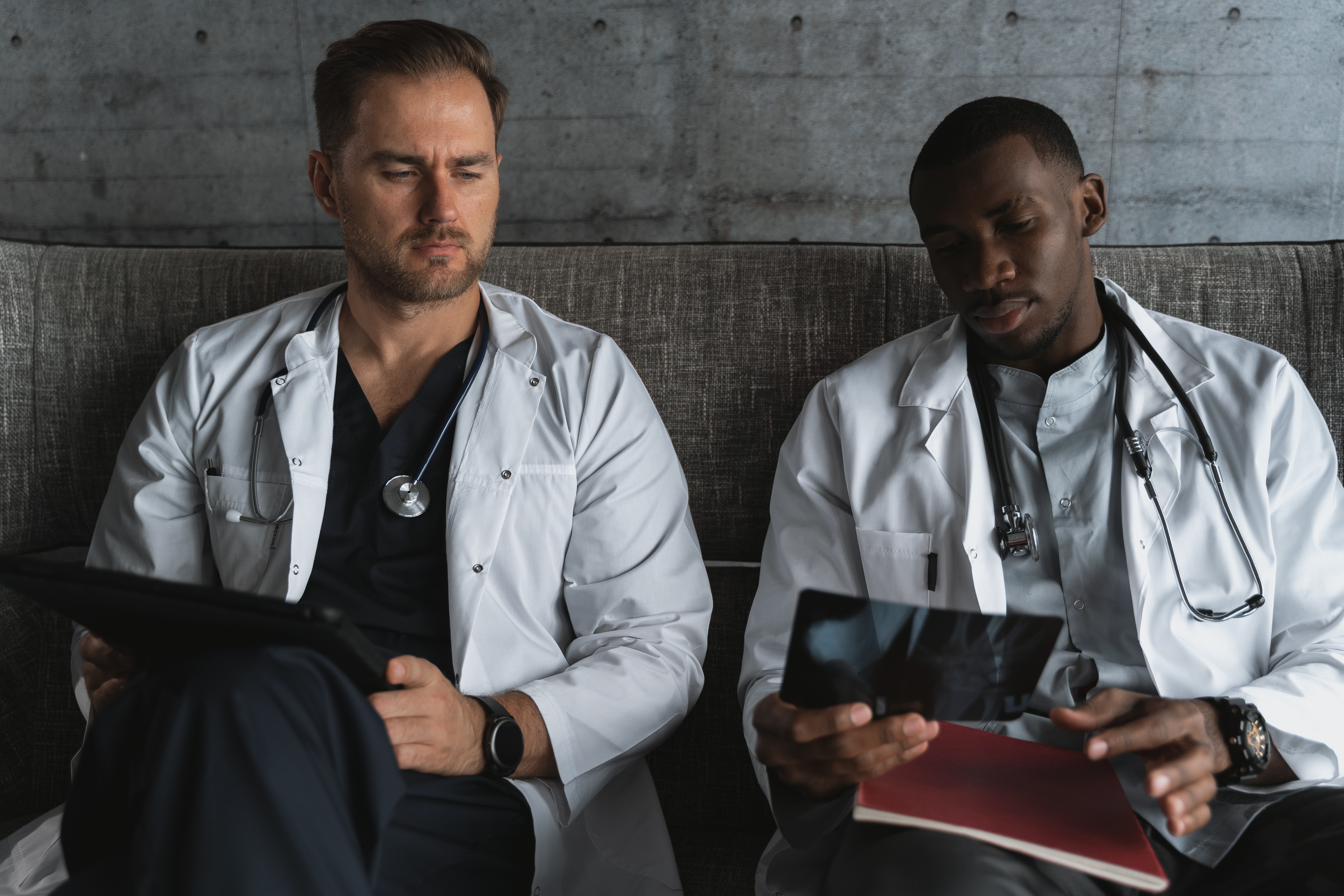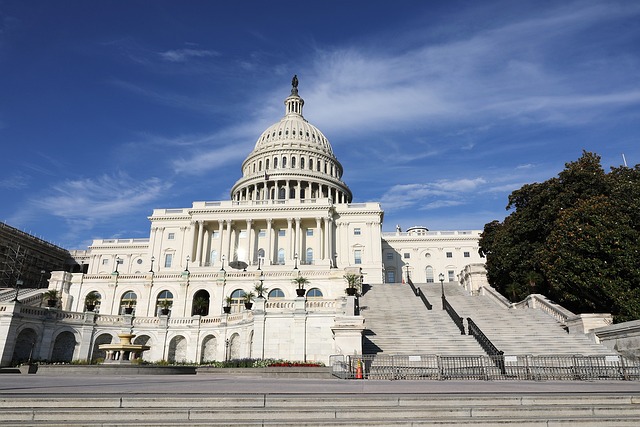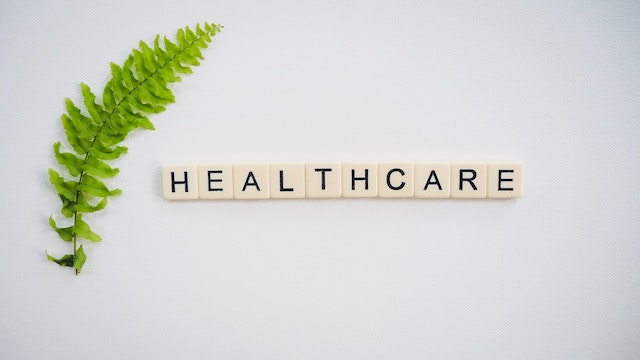Guest column by Virginia Cooper.
In the relentless and demanding field of healthcare, it’s all too easy to fall into the trap of burnout. As a medical professional, you are familiar with the high-stress environment and the toll it takes. Yet, there’s hope. By adopting specific strategies, you can preserve your well-being and continue to provide the best care to your patients.
Embrace Wellness Rituals
Your health is as critical as that of your patients. Integrating wellness rituals into your daily routine is not a luxury but a necessity. Think about activities that bring you joy and relaxation. Maybe it’s a morning jog, an evening of painting, or simply reading a book. Exercise not only keeps you physically fit but also serves as a mental escape from the pressures of work. Regularly engaging in hobbies can rejuvenate your spirit, making you more resilient in your professional role.
Be Conscious About Alcohol Intake
In the high-pressure world of medicine, turning to alcohol might seem like a quick fix for stress. However, moderation is key. Excessive drinking can lead to health issues and impact your ability to perform at work. If you find yourself struggling, consider seeking help. There are various treatment options in the area, with many rehab centers accepting major health insurance providers. Research facilities focusing on factors like treatment methods, location, and patient reviews to find the best fit for your needs.
Improve Decision-Making Under Stress
High-stress situations are part and parcel of medical work. Developing a strategy for making sound decisions under pressure is crucial. Before reacting, take a moment to assess the situation mindfully. This pause allows you to respond thoughtfully rather than reactively. Envision the broader implications of your decisions and trust your well-honed instincts, using the information at hand.
Building a Support Network
The path of a healthcare professional need not be a solitary journey. Building connections with peers can offer a much-needed sense of understanding and support. These relationships provide a safe space to share experiences, challenges, and advice. Engaging in conversations with colleagues who understand the unique pressures of the medical field can be both comforting and enlightening.
Consider Taking a Sabbatical
Sometimes, the best way to recharge is to step away temporarily. A sabbatical, or an extended break from work, can be a transformative experience. It offers an opportunity to rest, pursue personal interests, or engage in professional development activities without the daily pressures of patient care. This time away can provide a fresh perspective and renewed energy, ultimately benefiting both you and your patients.
Reflecting on Your Career Path
In the dynamic world of healthcare, it’s important to periodically reassess your career goals. Are you where you want to be? Is your current role fulfilling? Sometimes, a change within the medical field can reignite your passion for healthcare. Whether it’s specializing in a new area, shifting to a different facility, or even transitioning to a teaching role, these changes can provide new challenges and renewed motivation.
Mastering the Art of Saying “No”
One of the hardest but most essential skills to learn in any demanding career is the ability to say “no.” Setting boundaries is crucial for maintaining your mental and physical health. It’s okay to decline extra shifts or additional responsibilities when you’re already stretched thin. Remember, taking on too much can compromise the quality of care you provide to your patients.
Prioritizing Your Mental Health
The psychological toll of working in medicine can be significant. Regularly check in with yourself. Are you feeling overwhelmed, anxious, or depressed? Seeking professional help through counseling or therapy is a sign of strength, not weakness. Mental health professionals can provide coping strategies and support, helping you navigate the complexities of your role with resilience and clarity.
In the fast-paced, high-stakes field of healthcare, taking care of yourself is not just a personal priority—it is a professional necessity. From managing stress to seeking treatment for an alcohol issue and evaluating your career path, each step is crucial in avoiding burnout. Remember, making good decisions under stress is a skill that can be honed with practice and mindfulness. By prioritizing your well-being, you ensure that you can continue to provide the best care for your patients, day in and day out.
Virginia Cooper is a retired community college instructor. She always encouraged her students to see the real-world value in their education, and now, she wants to spread that message as wide as possible. Her hope is that Learn a Living (learnaliving.co) will be a go-to resource for adult learners embarking on starting, continuing, or finishing their education.
Image: Freepick









